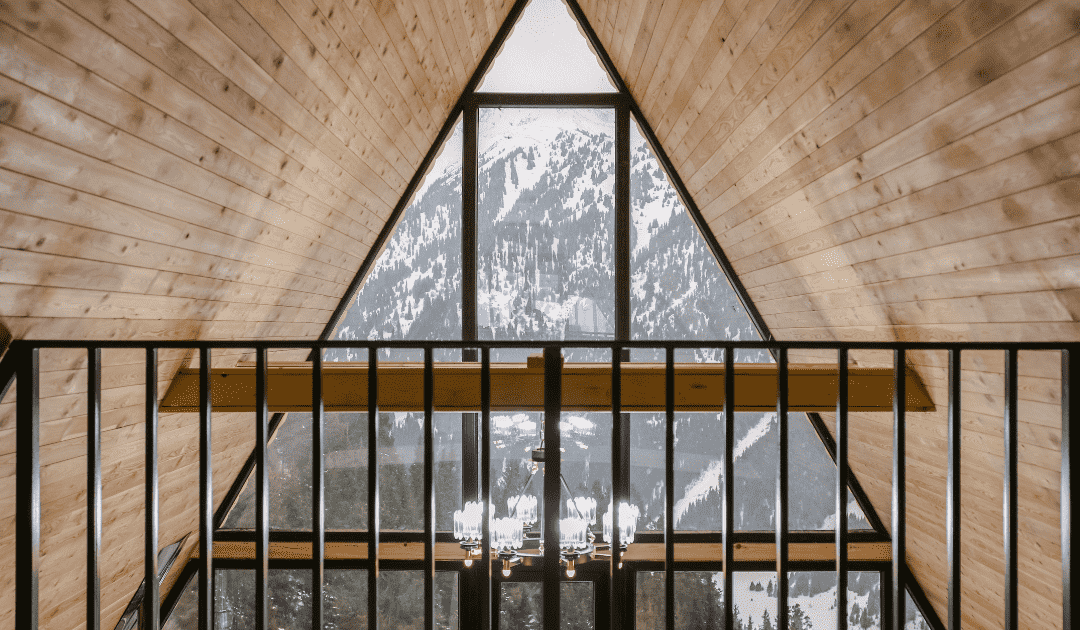Despite geopolitical tensions and economic uncertainty, recreational property prices across Canada are forecasted to rise by 4 per cent to a median of $652,808 in 2025, according to a new report by Royal LePage.
“Demand for recreational properties among Canadians, and the lifestyle they offer, remains strong but balanced,” said Phil Soper, president and CEO, Royal LePage. “While the mainstream market is more sensitive to economic shifts, demand in the recreational segment remains steadfast, even during periods of market hesitation.”
Supply constraints continue to push prices upward, Soper says, with new recreational properties not being built quickly enough to meet demand. After three years of double-digit price growth during the pandemic-era buying frenzy, market conditions have settled into more modest, typical year-over-year increases.
Lower borrowing costs fuelling interest
Lower borrowing costs are boosting buyer interest, following the Bank of Canada’s decision to reduce its overnight lending rate by 225 basis points since June 2024. Nearly half (46 per cent) of RoyalLePage Realtors surveyed reported increased buyer demand resulting from lower interest rates.
“When debt burdens on a principal residence ease, it often frees up capacity to invest in a second home,” Soper explained. At the same time, current trade tensions, a weakening Canadian dollar and “a growing sense of patriotism, are encouraging more families to stay north of the border,” he added.
Restrictions on short-term rentals “risk discouraging buyers and dampening local economies”
Growing restrictions on short-term rentals, particularly in Ontario, Quebec and British Columbia, are affecting buyer interest in recreational rental properties. According to Royal LePage, 31 per cent of agents nationally reported fewer buyers intending to use their recreational properties for rental purposes compared to last year. This number was slightly higher in Ontario and B.C.
“The option to rent out your cottage or cabin in the off-season to generate income is becoming increasingly challenging,” Soper highlights. “If policies aimed at severely restricting the recreational rental market persist, they risk discouraging buyers and dampening local economies.”
Atlantic Canada and Quebec expected to see highest level of appreciation
Regionally, Atlantic Canada is expected to see the strongest price growth nationally, with an 8 per cent increase anticipated in 2025, pushing median prices to $498,852. In Quebec, prices are forecast to rise by 7.5 per cent to $457,198. Ontario’s recreational market remains cautious, with a modest 1 per cent price increase forecasted for 2025, bringing the median price to $647,107.
In B.C., regulatory hurdles, including the province’s vacancy tax, have had a notable impact. Francis Braam, broker and owner at Royal LePage Kelowna, says these legislative challenges are “making buyers very hesitant, particularly in the waterfront segment.”
In Alberta, particularly around Canmore, recreational property markets remain stable, with prices expected to rise 2 per cent to a median close to $1.3-million in 2025. According to Brad Hawker, associate broker at Royal LePage Solutions, “Falling interest rates have not significantly boosted buying and selling activity in Canmore over the past year, as many purchasers in this market tend to make cash transactions and are therefore less influenced by the cost of borrowing.”
Manitoba and Saskatchewan will see modest price gains of 4.5 per cent, reaching a median of $310,052, supported by constrained inventory and steady local demand.
“Whether they’re looking for a staycation option or a legacy property for future generations,” concludes Soper, “buyers will continue to be drawn to the beauty of Canada’s recreational communities.”














Wow, who would have guessed. With Canada about to be bowled over by teriffs and thousands of jobs on the line. The Federal Government floating billions for a auto industry bailout recreational properties are on the increase across Canada! And median values over One Million Dollars there is still room for value increases. I guess it depends on how you define a recreational property. A downtown Toronto Condo may be considered a recreational property for some. Or a hunting lodge on the Ogoki River System in Northern Ontario. However with the price tags mentioned in this article I would have to assume cottages on lakes. Phil talks about cottages as though Mattamy is building a suburban neighbourhood. Not building fast enough for demand. Crazy. I simply look at whats is selling and what is not selling. I see cottages struggling and usually in a declining economy the recreational properties are the first to be dumped by owners. As I have said in the before. I have never read a market prediction by a realtor that does not always state “values expected to rise” And here in Canada we think Trump is a liar.